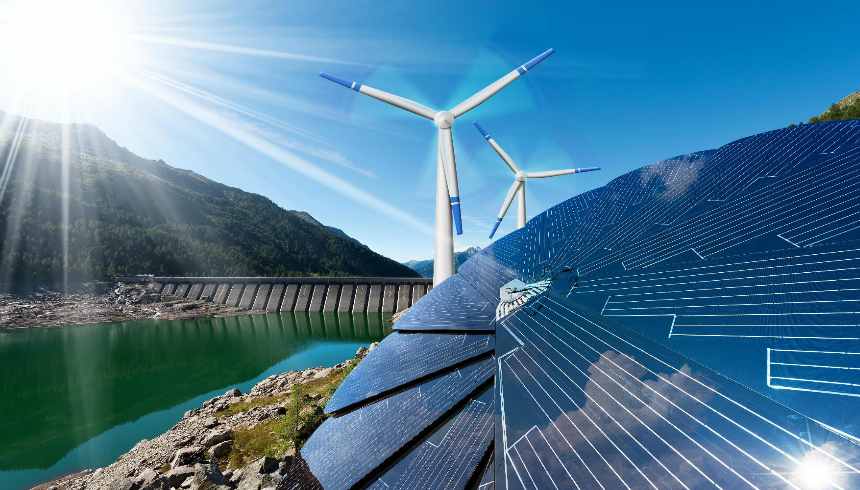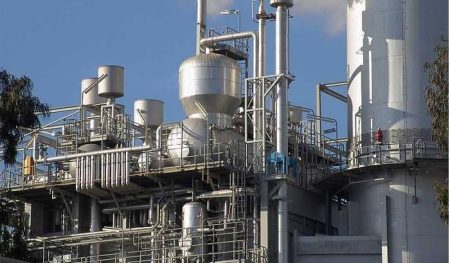 *Achieving power targets hinged on PIB
*Achieving power targets hinged on PIB
Oscarline Onwuemenyi
22 January 2014, Sweetcrude, London – The Nigerian Electricity Regulatory Commission, NERC, has disclosed that its power sector local content regulation will become local content law before the end of February.
A statement by the commission in Abuja on Wednesday said its Chairman, Dr. Sam Amadi made the disclosure while making a presentation at a session in Chatham House, London.
Amadi pointed out in his paper that the power sector local content law in this early stage of the transition is intended to avoid the mistakes made in the oil and gas sector where it is still dominated by expatriates 50 years after.
According to him, “We have a local content regulation that by February should become law, we don’t want what happened in the oil and gas sector where after 50 years Nigeria is still importing technology. We have come up with a local content regulation that provides a framework for every company to begin to localise both technology, and services.
“For example a meter provider should within the next five years set up a factory in Nigeria. This is to ensure that the spill off from electricity reform goes to enhance the economy of the nation”, he added.
Amadi explained that power supply is expected to hit 7,000mw by the end of this year as increased capacities are expected from the NIPPs coming on stream, while generation benchmark is set at 20,000mw by 2017.
Amadi who noted that early passage of the Petroleum Industry Bill (PIB) was critical to achieving the set targets, disclosed that the 7,000mw target set for 2013 could not be realised because of inadequate supply of gas to power, which the PIB can help reverse.
“PIB is critical to move forward on gas to power, the law should be passed as soon as possible, although the debate over it is huge but we want the matter to be resolved in a way that makes gas to power commercially viable and bankable. At the end of 2013 we had expected to hit 7000mw and that would have been possible if there were enough gas to fire the plants and the NIPPS come on board.
“By end of 2014 we will definitely cross 7,000mw because of the NIPPs; if you put all the capacity together you will get over 4,000, and the existing 4000Mw. The benchmark is that by 2017 we expect that Nigeria electricity market will have over 20,000mw trading then.
“The PIB is critical to us because the constraint of the sector now is gas to power and except you have a very intelligible, practical and commercial framework over gas in Nigeria you might not have sustainable solution to the crisis,” he said.



